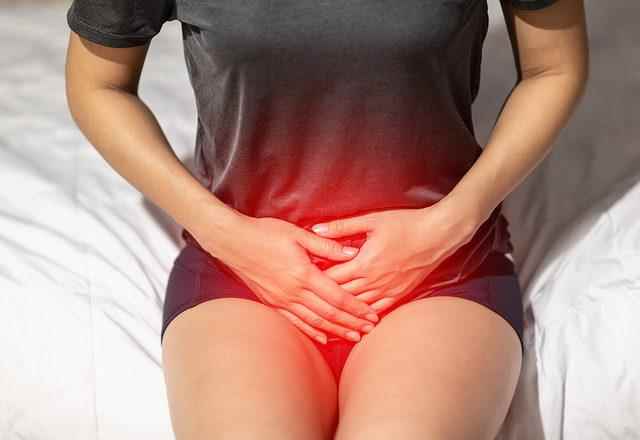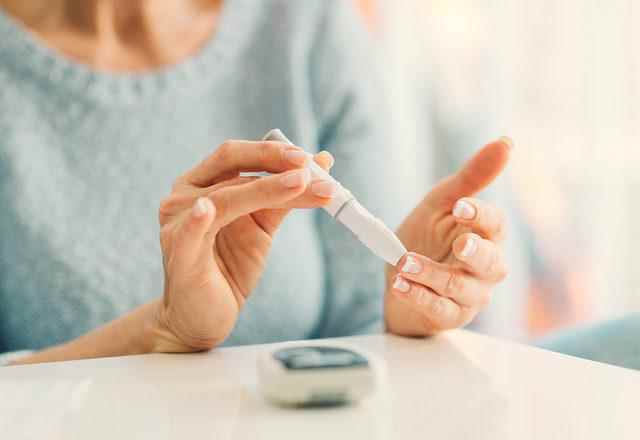Urinary tract infection is caused by inflammation of the urinary tract. The risk of kidney infections, known as urinary tract infections among the public, increases when drinking less water and irregular life habits. In addition, women are more at risk of developing urinary tract infections. If the disease is not treated, it can have serious consequences. For this reason, it is necessary to be aware of the symptoms shown at the beginning of the disease and see a doctor.
SYMPTOMS MUST BE CONSIDERED AND FOLLOWED
Anadolu Medical Center Internal Medicine and Nephrology Specialist Assoc. Dr. Enes Murat Atasoy said, “Symptoms such as pain at the beginning of the disease, change in urine, burning during urination, high fever, chills, chills, nausea and vomiting should be taken into account and followed up. If the symptoms are ignored and not treated, the infection may progress to the kidney and lead to the development of a more severe picture. If kidney infections are not treated, they can lead to the development of serious conditions such as kidney damage, kidney abscess, kidney failure and hypertension.
WOMEN CARRY RISK

Stating that most of the infections caused by bacteria and viruses are found in the intestines and help digestion, Internal Medicine and Nephrology Specialist Assoc. Dr. Enes Murat Atasoy said, “Especially in women, progressive genital infections can pass into the urinary tract and cause infection. When people in the risk group have symptoms at the beginning of the disease, they should see a specialist, have the necessary tests done, and receive appropriate antibiotic treatment and fluid support. When there are symptoms such as frequent urination, odor in the urine, weakness and pain in the groin, a specialist should be consulted. Assoc. Dr. Enes Murat Atasoy listed the 7 measures to be taken for kidney health as follows:
FIND YOUR IDEAL AMOUNT OF WATER AND WATER REGULARLY

According to Australian and Canadian researchers, adequate fluid consumption reduces the risk of developing chronic kidney disease. According to the traditional scientific view, consuming 1.5-2 liters of water daily is ideal for your health, but consult your doctor for the right amount.
MAKE EXERCISE PART OF YOUR LIFE

By doing exercises such as walking, jogging and cycling regularly, you will have a vigorous body and you can get rid of your excess weight, if any.
DIABETES PATIENTS AT RISK

Diabetes ranks first among the diseases that cause chronic kidney disease. Thanks to the treatments to be applied after the early diagnosis of diabetes-related kidney damage (diabetic nephropathy), the damage to the kidneys can be reversed or its rate can be reduced.
TAKE CARE OF YOUR BLOOD PRESSURE

Hypertension may be a factor leading to chronic kidney disease, or it may develop as a result of kidney disease, and the progression of the disease accelerates as blood pressure remains high.
AVOID TO USE TOO MUCH SALT

The World Health Organization defines the amount of salt to be taken in a day as 5 g. says it is. However, the average daily salt consumption in our country is 18 gr. is around. Do not keep salt shakers on your dining tables and flavor your meals with spices and herbs (mint, thyme, etc.).
START AWAY FROM HARMFUL HABITS

Smoking causes a decrease in renal blood flow. Thus, the kidneys cannot filter sufficiently and waste materials accumulate in the body. People who smoke also have a higher risk of developing kidney cancer: 50 percent.
DO NOT USE MEDICATIONS WITHOUT PRECISION

Do not use pain relievers without a doctor’s prescription. These drugs can cause kidney damage, sometimes in relation to the dose and duration of use, and sometimes independently of them.
